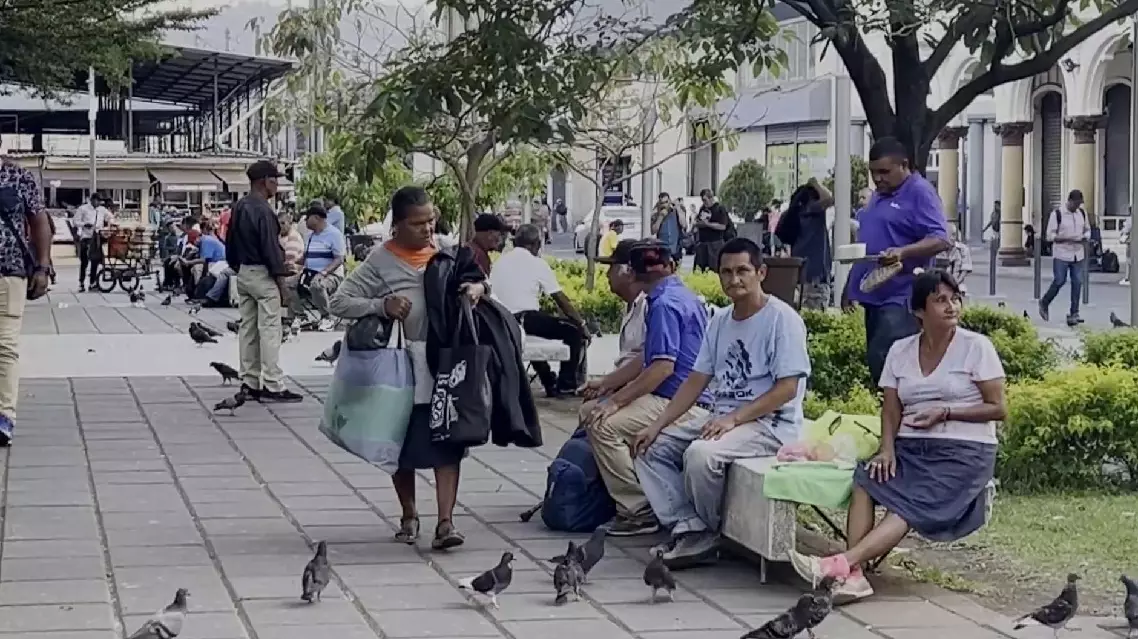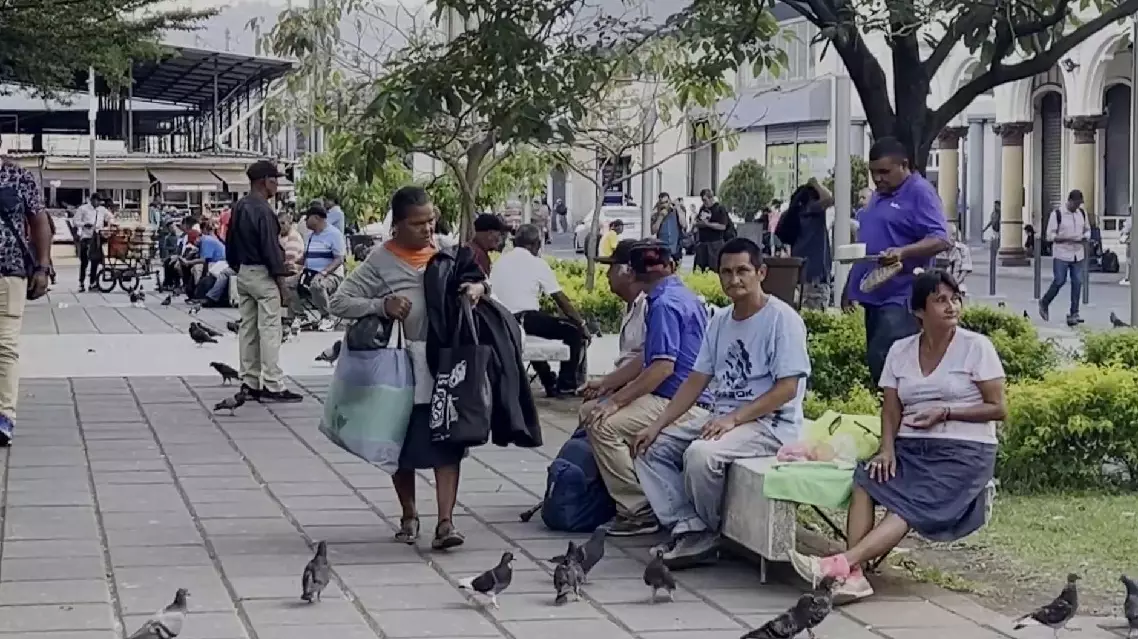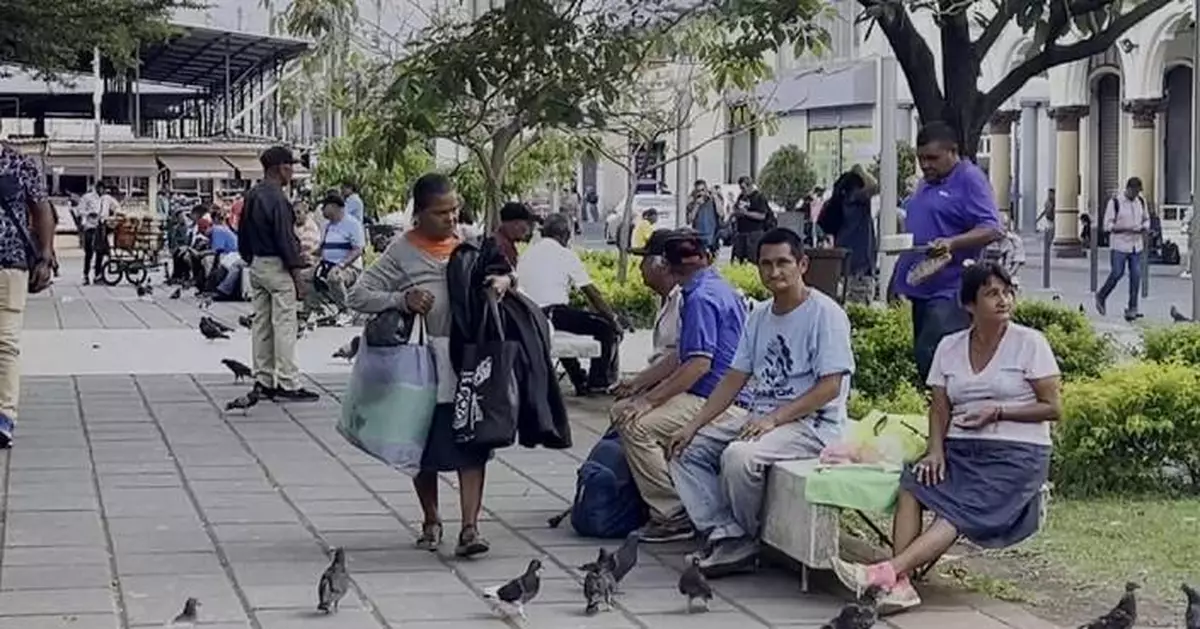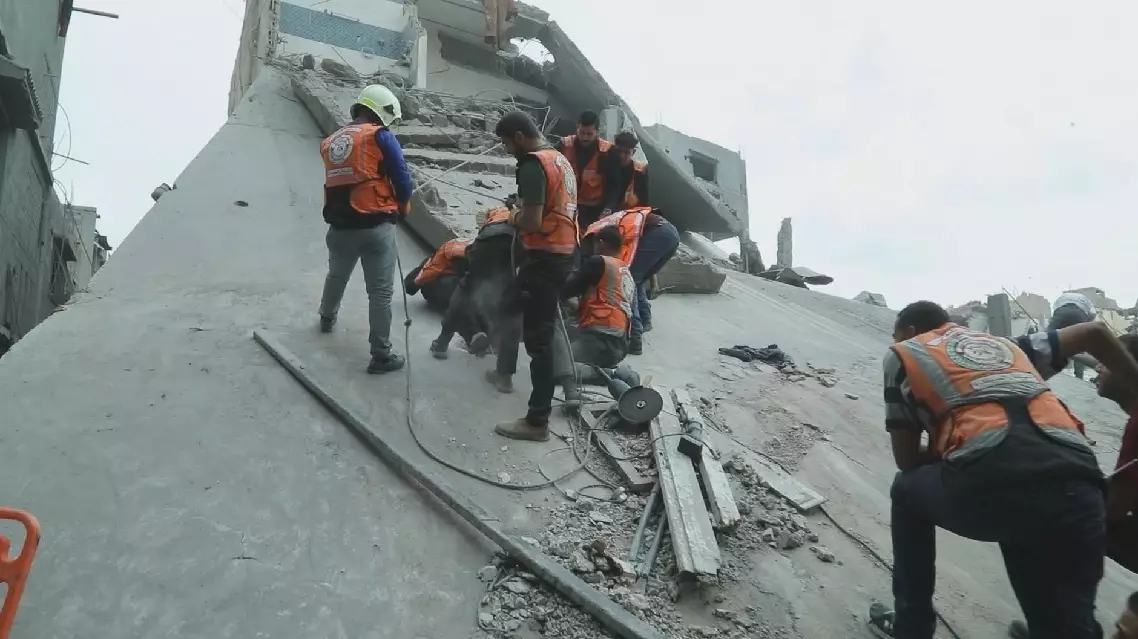The Salvadorians expelled from the U.S. suffered from inhumane and degrading treatment, with reported traumatizing effects on their lives, as the Trump administration stepped up deportation efforts.
From 2019 to 2024, over 6,5000 Salvadorians were deported from the U.S. The number surged in the first three months of 2025. Many who have lived in the U.S. for decades have been deported in a rush, unable to handle the assets or belongings they accumulated through struggle in the country. More deportees experienced even inhumane treatment during detention and transportation.
"When I was detained at the border of Texas, they handcuffed me and took me to a freezing room, where I stayed all night. And they woke me up at about 7:00 in the morning (to take me to the detention center)," said Jenny Rivera, a deported migrant.
"You do not know what is going to happen to you. You have no freedom, being locked up. It is very difficult. You are not able to communicate with anyone, do not know what to do," said Monica Campos, another deported Salvadorian.
David Antonio Enriquez Ortega is another victim of mistreatment and racial discrimination. Having lived in the U.S. for over 20 years as a factory worker, he was detained for 23 months before being sent back to his homeland.
He said, "Our efforts, sacrifices, and obedience should earn us respect, but that is how they treat Latinos. Some employers treated me badly, and made me work in extremely hot hours and on oil platforms on freezing days. They treat me like a dog."
The mistreatment of migrants in the U.S. has escalated to "a hunt for undocumented foreigners," sparking widespread fear and distrust of public institutions, commented experts.
"The mistreatment of migrants has worsened and a hunt for undocumented foreigners has practically been unleashed, which from every point of view is quite inhumane. It is almost going back to the time of slavery, and deportees are being treated like animals. They imprison them, they put them in fetters, they put handcuffs on them, and they put chains on them. From the perspective of human rights and personal dignity, this is quite condemnable," said David Hernández, an official from the University of El Salvador.
The sudden deportations have had a more severe impact on immigrants who have lived in the U.S. for many years, forcing them to give up their lifelong savings and familiar surroundings.
"When the migrants are deported, they are not allowed to bring their belongings. They are not giving them a chance to fix their whole situation, like leaving their belongings with someone. They are all defeated when getting back to their home country. That is a reality. Deportation is a psychological scourge. If not treated, the scourge will be for life," said Jiji Ámel Moza García, Executive Director of the Salvadoran Migrant Institute Foundation.

Salvadorians deported from U.S. suffer from inhumane treatment

Salvadorians deported from U.S. suffer from inhumane treatment




















































